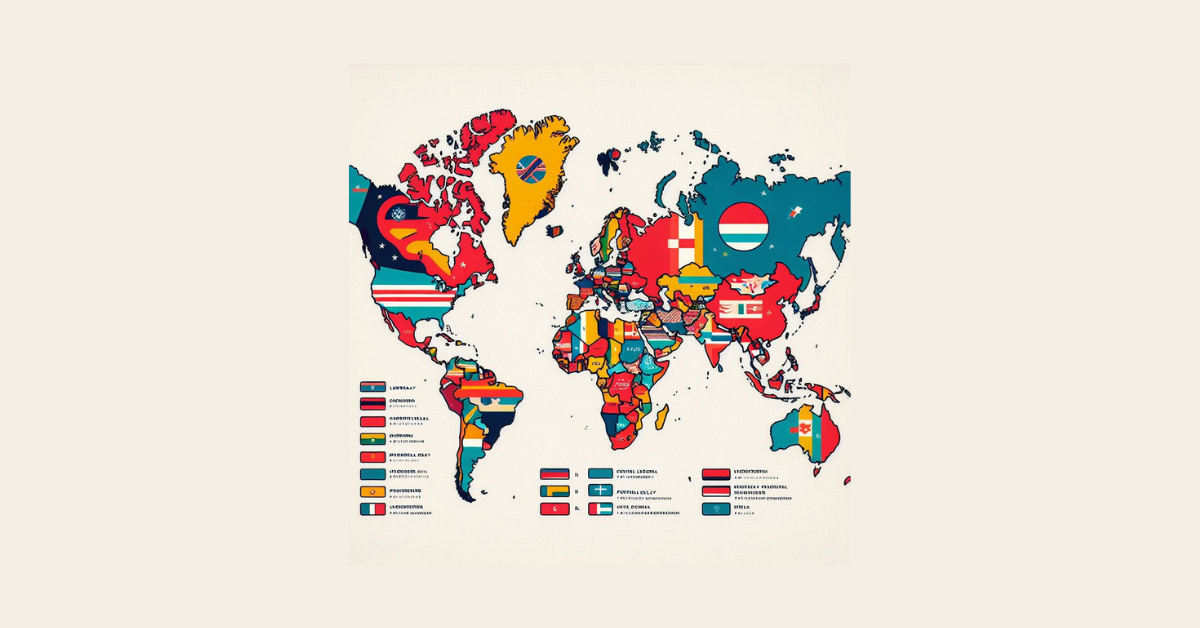Countries with Legalized Betting
In nations where betting is legalized, such as the United Kingdom, gambling is ingrained in the culture. The UK boasts a well-established gambling industry, with numerous betting shops, casinos, and online platforms available to the public. This legalization has created a thriving market that contributes significantly to the economy, while also providing entertainment and recreational opportunities for citizens.
Another country that has embraced legalized betting is Australia. Down under, betting is not only a popular pastime but also a massive industry. From horse racing to sports betting, Australians enjoy a wide range of gambling activities both online and in physical venues. The regulatory framework in Australia ensures fair play and responsible gambling practices, making it a model for other nations exploring the legalization of betting.
Countries with Strict Regulations on Betting
In countries with strict regulations on betting, the laws and policies surrounding gambling activities are closely monitored and enforced by government authorities. These regulations aim to control and minimize the potential negative impact of betting, such as addiction and financial problems, on individuals and society as a whole. By setting strict rules and guidelines for betting establishments, these countries strive to maintain a balance between allowing gambling as a form of entertainment and protecting citizens from harm.
Additionally, countries with strict regulations on betting often impose limitations on the types of games allowed, betting options, and operating hours of gambling venues. This structured approach is designed to promote responsible gambling behavior and prevent excessive and uncontrolled betting activities. By mandating stringent rules and oversight measures, these countries aim to ensure that the betting industry operates in a safe and regulated manner, while also generating revenue for the government through licensing and taxation.
Countries with Partially Legalized Betting
In several countries around the world, the legalization of betting activities falls into a partially regulated category. This means that while certain forms of betting may be permitted, there are strict limitations imposed on specific types of gambling. In these nations, government bodies often closely monitor and regulate the betting industry to ensure that it operates in a controlled and responsible manner.
Within the realm of partially legalized betting countries, the regulations typically vary depending on the type of betting involved. For instance, some nations may allow traditional forms of betting, such as horse racing or national lotteries, while imposing restrictions on more modern forms like online betting platforms. This nuanced approach aims to strike a balance between permitting some level of gambling entertainment for citizens while safeguarding against the potential risks associated with unrestricted betting activities.
Countries with Online Betting Restrictions
In certain countries, online betting activities are subject to tight restrictions imposed by governmental regulations. These restrictions often stem from concerns regarding the potential risks associated with online gambling, such as addiction and money laundering. As a result, individuals in these countries may face limitations on the types of online betting platforms they can access and the amounts they can wager.
The stringent regulations on online betting in these countries are aimed at safeguarding the interests of the public and maintaining social order. By placing restrictions on online betting activities, authorities seek to mitigate the negative consequences that gambling can have on individuals and communities. Additionally, the control over online betting helps prevent illegal activities and ensures that betting operators comply with relevant laws and regulations.
Countries with Sports Betting Restrictions
In certain countries around the world, regulations on sports betting are stringent and strictly enforced. These governments believe that placing restrictions on sports betting helps to deter corruption, protect the integrity of sports competitions, and safeguard individuals from the potential harms associated with excessive gambling. By imposing limitations on sports betting activities, these nations aim to maintain a balance between the entertainment aspect of betting and the negative consequences that can arise from its unrestricted practice.
Sports betting restrictions in these countries are typically accompanied by comprehensive laws and regulations that monitor and control the betting industry. This includes licensing requirements for operators, strict guidelines for advertising, and measures to address problem gambling. Despite the limitations placed on sports betting, some countries have implemented initiatives to promote responsible gambling behavior and provide support for individuals struggling with gambling addiction.















